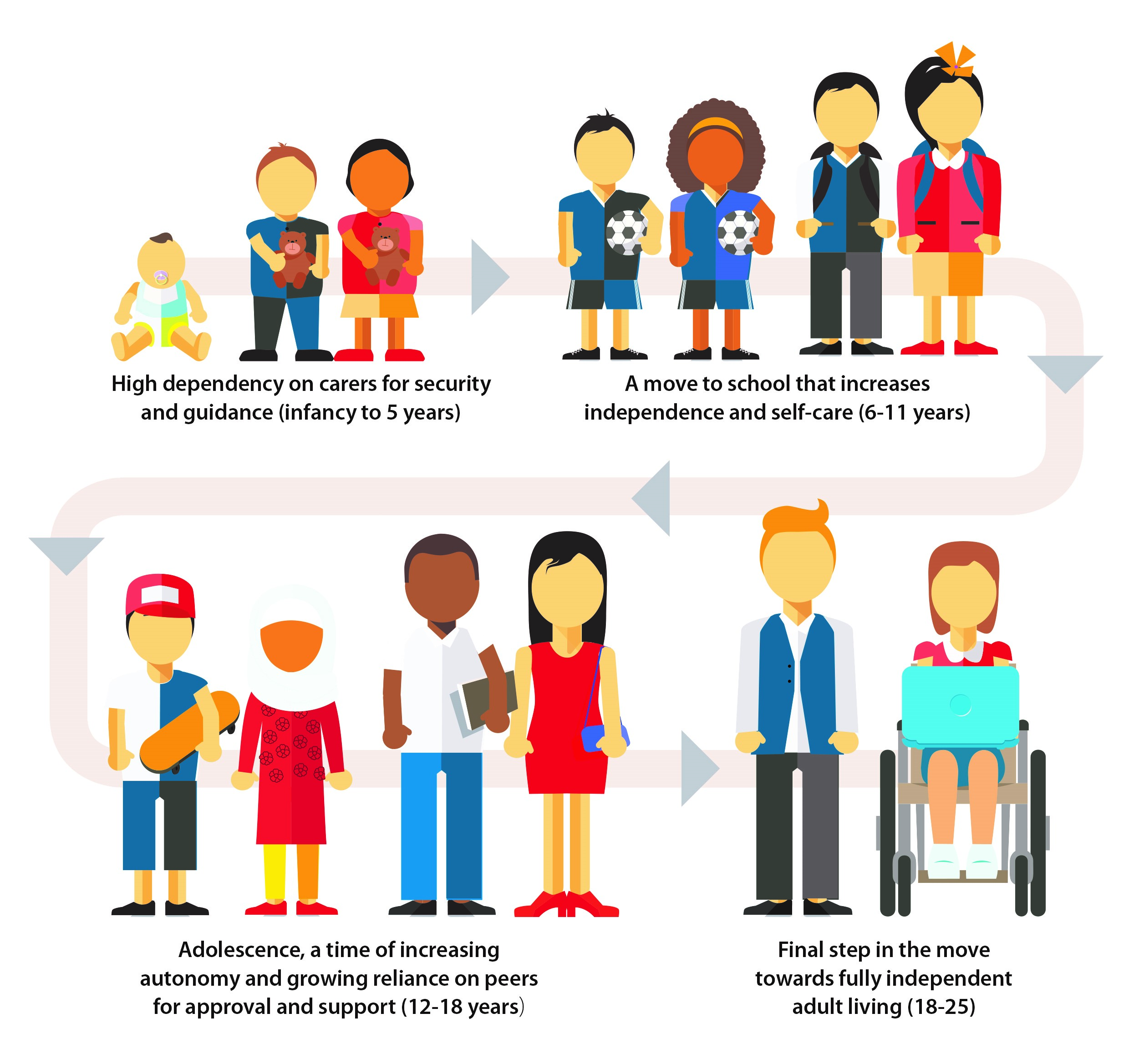A digital environment fit for childhood
Posted: 5th December 2017
Professor Marina Jirotka was one of the contributors to a major report by academics that is calling for a digital environment that is ‘fit for childhood’.
Key recommendations from the Digital Childhood report include: education for children receiving a smartphone for the first time; design standards to meet childhood development milestones; and government taking account of children’s views when creating policy. The report was written by a group of academics led by Dr Angharad Rudkin, Child Clinical Psychologist at University of Southampton, and convened by Baroness Beeban Kidron OBE, Founder of 5Rights.
Dr Rudkin says: ‘Children and young people need to be supported on their journey through the digital world and should have access to the same privileges, information and rights that they enjoy in the analogue world.’
The authors believe that the digital environment has created welcome opportunities for children and young people and excluding them from it is neither an option, nor desirable. While there is awareness about some of the more extreme risks, such as grooming and child sexual abuse, more mundane and prevalent risks tend to be overlooked. These include insomnia, obesity, low self-esteem and oversharing. These risks present real harm to childhood development. For example, sleep deprivation caused by extended use can affect concentration, performance at school and general wellbeing. Evidence shows that a ten-year old should be getting between 9 to 11 hours of sleep a night.
Marina comments: 'For researchers designing and developing digital environments, this report provides much needed guidance for attending to and supporting the particular needs and rights of children.'
Baroness Kidron adds that the report was long overdue: ‘If we allow a digital environment that doesn’t take account of the needs of childhood, we reject the hard-won privileges and protections that a century and a half of careful consideration, research and lawmaking across the globe has afforded our children. If we leave things as they are, we denigrate the status of children, and childhood, in the plain sight of parents, media, civil society and governments.’
The full report can be read on the 5rights website at: www.5rightsframework.com
Key age recommendations from the report include:
3-5 Years:
• All technology used by children at this age should be adult-guided.
• Screen guidelines (which should not focus exclusively on screen time) should be developed which consider child development requirements
6-9 Years:
• Children of this age should be taught social norms of contact with other people, both previously known to them and previously unknown.
• Child-centred design standards should anticipate independent child use, for example, make erasure processes obvious, simple and effective, and demonstrate a commitment to rapid response to reports of risk/harm from children.
10-12 Years:
• Children receiving a smartphone for the first time should be taught how to use age-appropriate settings and safety features and those entering secondary school should have a year 7 ‘smart phone literacy reboot’.
• Children in this age group should be taught online skills and competencies.
• Government and industry should recognise that this age group are poorly served by current provision of online sites and services.
13-15 Years:
• Parents, teachers and adults should acknowledge this as a time of growing autonomy. For advice to be heard it must be communicated with warmth and openness and from a young person’s perspective.
• Education should include critical thinking about online experiences and information. • Industry must acknowledge, and respond to the fact, that children of this age are particularly susceptible to social pressures.
16-18 Years:
• Education providers should offer career advice and training in automation, the internet of things, machine learning, digital content and design, as well as reputation management, use of government and commercial services, financial matters and knowing how to access trusted sexual, psychological and emotional health services.
• Industry should alert young people as they approach 18 years of age to the differences in the services that will come into place when they reach adulthood.
The Digital Childhood contributors were Baroness Beeban Kidron, Founder 5Rights; Dr. Angharad Rudkin, University of Southampton; Prof. Miranda Wolpert, Anna Freud Centre / UCL; Prof. Joanna Adler, Middlesex University; Dr. Andrew K. Przybylski, University of Oxford; Dr. Elvira Perez Vallejos, University of Nottingham; Dr. Henrietta Bowden-Jones, Imperial College London; Dr. Joshua Chauvin, Mindstrong Health; Dr. Kathryn L. Mills, University of Oregon; Prof. Marina Jirotka, University of Oxford, and Dr. Julian Childs, Anna Freud Centre / UCL.

